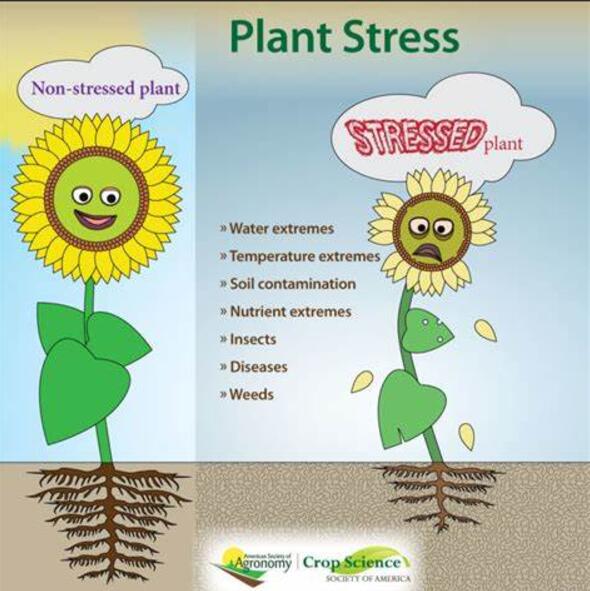Mechanisms of Abscisic acid (ABA)-mediated plant defense responses: An updated review
IF 6.8
Q1 PLANT SCIENCES
引用次数: 0
Abstract
The intensification and frequency of extreme weather events are emerging as a result of global climate change, which has a serious impact on the sustainable development of agriculture. Plants trigger a wide range of defense responses against adverse environmental conditions, including the signal generation, recognition, and transduction together with the crosstalk of defense signals and networks. Subsequently, activation of a variety of defense gene expressions and metabolic adjustments confers plant tolerance to stressors. Abscisic acid (ABA) is a vital phytohormone for balancing plant growth and adaptation to a series of environmental stresses. This review summarizes the current research progress on ABA components involved in defense responses through various mechanisms including stomatal closure, interactions with other signaling molecules such as reactive oxygen species (ROS), calcium (Ca2+) and other phytohormones, transcriptional regulation, and epigenetic modifications. Additionally, the role of ABA in balancing plant growth and stress responses is also discussed. This review provides new insights for sustainable development of agriculture under current climate change scenarios.

求助全文
约1分钟内获得全文
求助全文
来源期刊

Plant Stress
PLANT SCIENCES-
CiteScore
5.20
自引率
8.00%
发文量
76
审稿时长
63 days
期刊介绍:
The journal Plant Stress deals with plant (or other photoautotrophs, such as algae, cyanobacteria and lichens) responses to abiotic and biotic stress factors that can result in limited growth and productivity. Such responses can be analyzed and described at a physiological, biochemical and molecular level. Experimental approaches/technologies aiming to improve growth and productivity with a potential for downstream validation under stress conditions will also be considered. Both fundamental and applied research manuscripts are welcome, provided that clear mechanistic hypotheses are made and descriptive approaches are avoided. In addition, high-quality review articles will also be considered, provided they follow a critical approach and stimulate thought for future research avenues.
Plant Stress welcomes high-quality manuscripts related (but not limited) to interactions between plants and:
Lack of water (drought) and excess (flooding),
Salinity stress,
Elevated temperature and/or low temperature (chilling and freezing),
Hypoxia and/or anoxia,
Mineral nutrient excess and/or deficiency,
Heavy metals and/or metalloids,
Plant priming (chemical, biological, physiological, nanomaterial, biostimulant) approaches for improved stress protection,
Viral, phytoplasma, bacterial and fungal plant-pathogen interactions.
The journal welcomes basic and applied research articles, as well as review articles and short communications. All submitted manuscripts will be subject to a thorough peer-reviewing process.
 求助内容:
求助内容: 应助结果提醒方式:
应助结果提醒方式:


